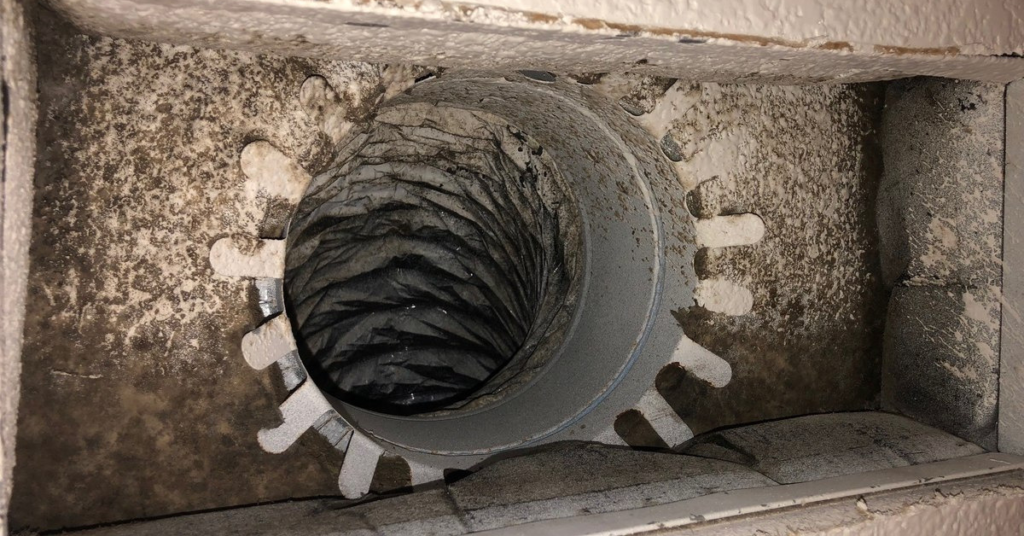From militarytimes.com
After six months of living with mold, amid concerns about their children’s ongoing medical issues that began after they moved into their house, Traci Lenz and her Air Force husband moved off base in January.
“My home was not safe and has caused my family to suffer from ongoing illnesses, unnecessary expenses, and we were forced to move off base in order to protect our children,” said Lenz, who lived in Harbor Bay at MacDill Air Force Base, Florida.
The Lenz family and other military families have felt compelled to move out of their homes in government or privatized housing because of serious health issues and concerns that they attribute to the mold. In many cases, that’s also an expensive financial burden, in addition to the health issues they believe have resulted from the mold.
Lenz calculates that by the time everything is factored in, including moving costs and costs to replace mold-contaminated belongings, rental deposits, mold testing and medical expenses that weren’t covered by insurance, they will have paid more than $33,000.
Who pays for mold damage to personal property in privatized housing? In this case — and a number of others — it appears it’s the military family.
The Lenz family hasn’t been reimbursed by Harbor Bay, the privatized housing company, for any of the costs, although Harbor Bay paid for their stay in temporary lodging while technicians replaced one duct and installed new vent covers. But when the family returned, they found mold, and moved out to a hotel at their own expense. Lenz said she and her husband, an Air Force master sergeant, asked Harbor Bay to pay for some of their expenses, including their costs to move off base, but the company declined.
In a number of cases, like the Lenz family’s situation, the landlord doesn’t agree that there is a mold problem, and contends it’s safe to live there, so expenses aren’t reimbursed.
And because the mold was not the result of a major water intrusion, their USAA renter’s insurance policy didn’t cover the loss of their belongings, Lenz said. It appears that generally, renter’s insurance doesn’t pay for damage caused to belongings from mold, unless the mold results from a covered event, such as a burst pipe or a storm, for example.
“There have been families who have requested the insurance [reimbursement] with no luck,” said Crystal Cornwall, a Marine wife who is founder of the nonprofit Safe Military Housing Initiative, formed in response to the many concerns she has heard from military families.
Read more here at militarytimes.com




